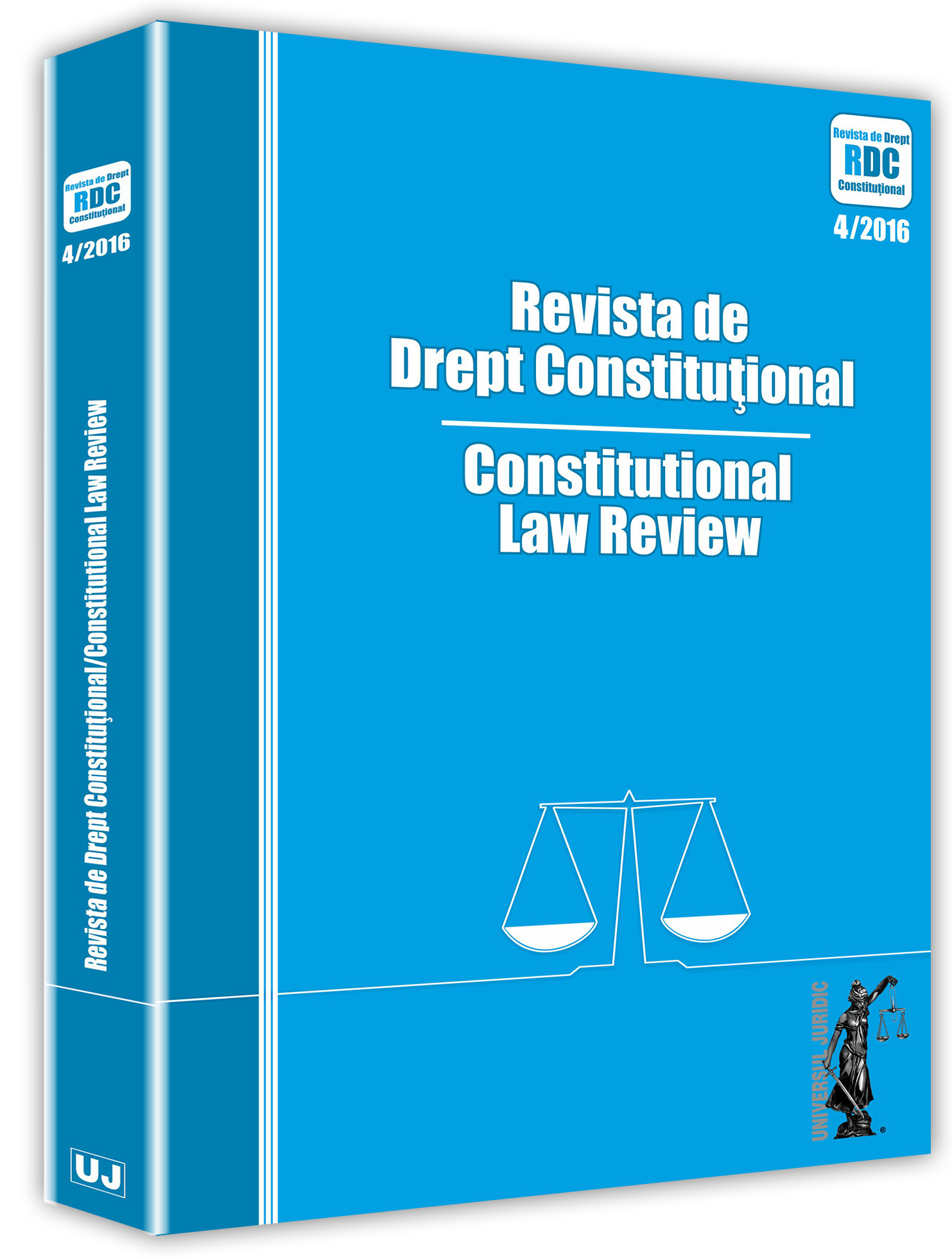The limits of the law and the mutability of the judicial system
The limits of the law and the mutability of the judicial system
Author(s): Dan Claudiu DănişorSubject(s): Law, Constitution, Jurisprudence
Published by: Universul Juridic
Keywords: normative performance; legitimate trust; mutability; systemic dysfunctions; liberal democracy;
Summary/Abstract: In a liberal democracy, the sphere of law cannot be unlimited. The first category of its limits results from the necessity to temper the mutability of the legal system. Firstly, the law must not be perishable. The passage of time should not, in itself, affect the legal system. Thus, the law must limit the desire for change only for the sake of change and the desire to turn regulations into a performance. The limitation of such tendencies is not legally effective under any circumstances, meaning that the choice of regulatory methods must take into account formal principles and the context of their application as well. Secondly, law cannot be receptive to all changes. It must shift only under certain circumstances, commensurate with the magnitude of social changes. Any social conflict, change of ideological orientation, or political, economic or structural modification should not determine modifications with respect to the legal order. Thirdly, the mutability of the legal system may be determined by systemic dysfunctions. However, any structural conflict within the legal order should not bring about systemic changes. Basically, only certain dysfunctions can be classified as systemic, and the reaction towards them should be limited to drawing up structural modifications.
Journal: Revista de Drept Constituțional
- Issue Year: 2016
- Issue No: 4
- Page Range: 11-27
- Page Count: 19
- Language: English
- Content File-PDF

